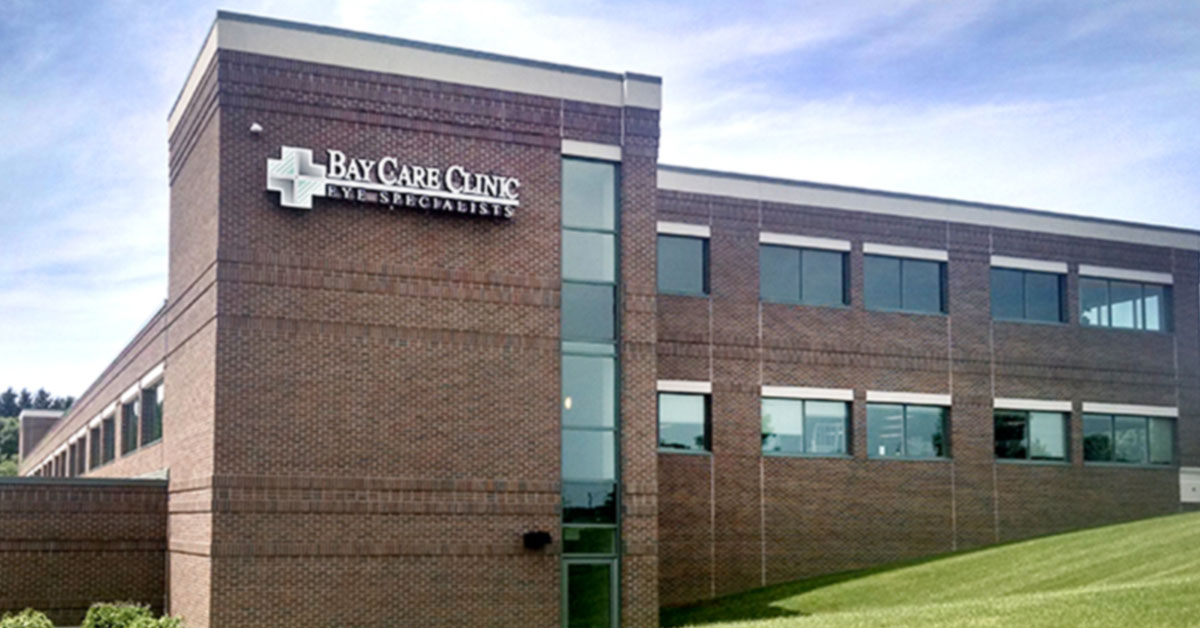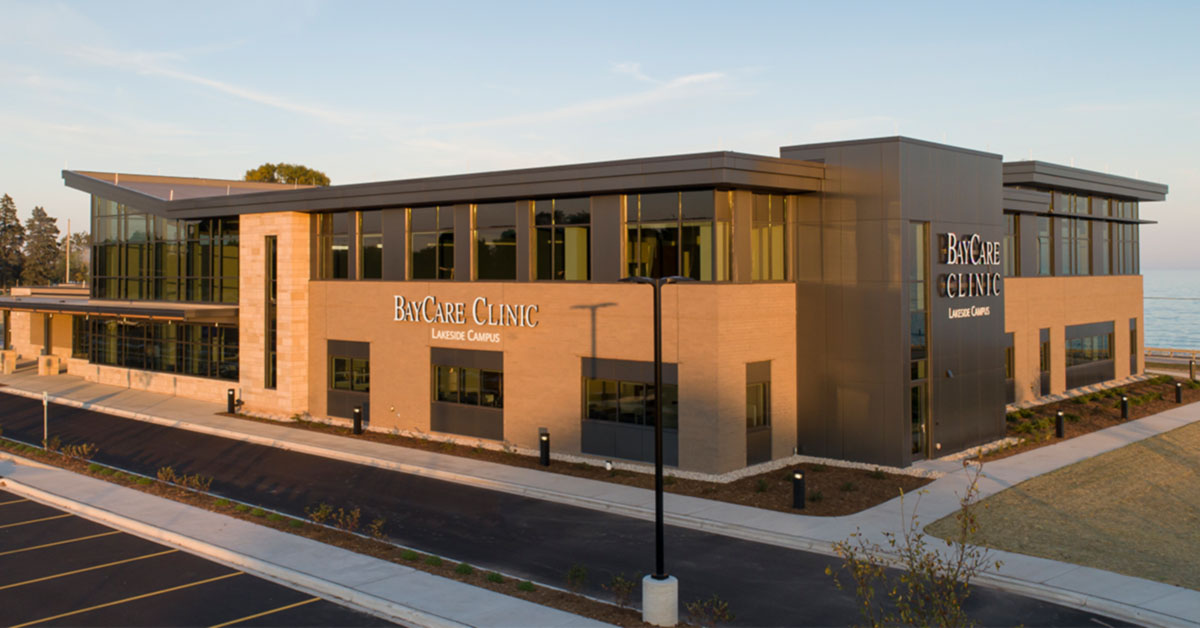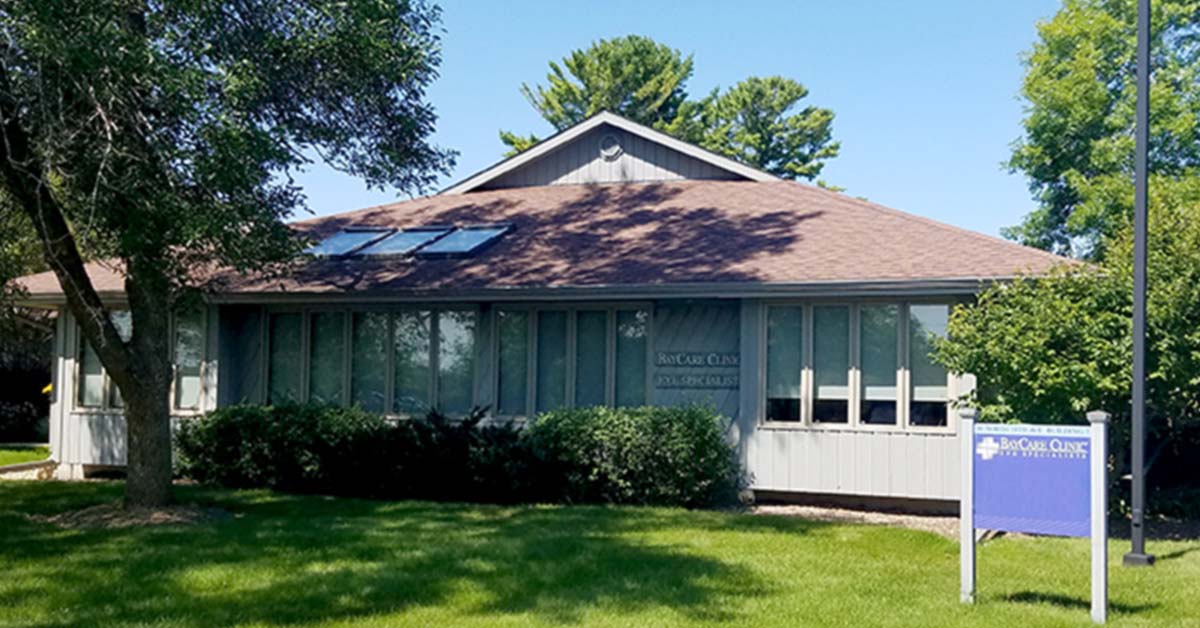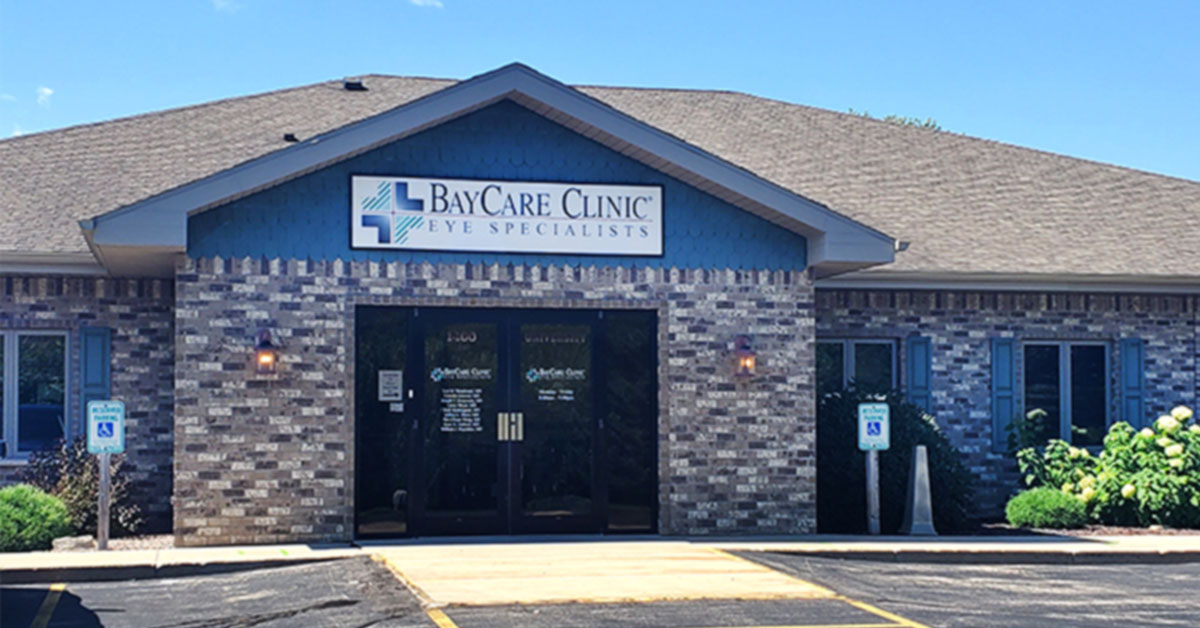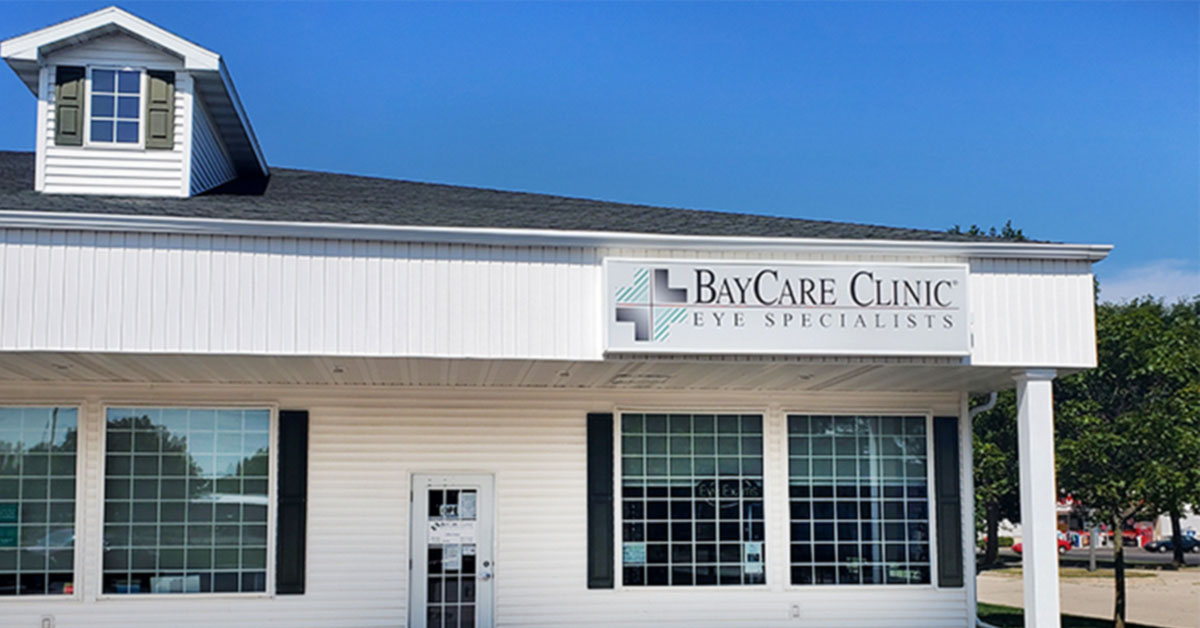What to Expect
Eye Specialists
Preparing for your appointment at BayCare Clinic Eye Specialists
Here are answers to some common questions. We want to give you the best care possible and fully address your eye concerns.
What is the difference between a routine eye exam and a medical eye exam?
A routine eye exam will screen for eye disease and provide measurements for glasses and/or contact lenses. These measurements are called a refraction. A refraction is the part of an office visit that determines your eyeglass prescription. Vision insurance policies generally cover the eye exam and may cover the refraction.
A medical eye exam is for evaluation of a medical-related complaint or follow-up for an existing condition. These exams are billed to your medical insurance. You may have an established medical condition that would necessitate your exam to be considered a medical eye exam. These conditions may include, but are not limited to: Diabetes mellitus, eye muscle imbalance, floaters and/or flashing lights, macular degeneration, glaucoma, dryness of the eyes, high-risk medications, referral from an outside physician, cataracts, post-cataract surgery, eye irritation.
A refraction may be necessary during a medical eye exam. Most medical insurance plans do not cover the cost of the refraction.
What can I expect when I have an eye exam?
You’ll meet first with an ophthalmic technician, who will test your vision and eye pressure and prepare you for your visit with an ophthalmologist or optometrist.
Your eyes may be dilated with eye drops. It will take about 30 minutes for the eye drops to take effect. Dilating your eyes helps the specialist see into the back of your eye. You then will be examined by an ophthalmologist or optometrist.
Your eyes may be sensitive to bright light after they’re dilated. You may want to bring sunglasses with you. If you forget, no problem! We will provide a free pair of disposable eye shades before you leave the clinic.
How long will I be at the clinic for my eye exam?
If you’re seeing an optometrist, at least 1 to 1½ hours.
If you’re seeing an ophthalmologist, at least 1½ to 2 hours.
What if I’m having a visual field test in addition to an eye exam?
This takes about an additional 30 minutes with the ophthalmic technician.
What if I’m seeing a retinal specialist?
Special tests may be performed by the ophthalmic technician. The ophthalmologist will discuss test and exam findings and treatment options with you. Expect to be at the clinic for at least 2 to 3 hours.
What if I’m being evaluated for cataracts or a cornea problem?
If you normally wear contact lenses, don’t wear soft contact lenses for 1 week before your appointment, and don’t wear gas-permeable contact lenses for 4 weeks before your appointment.
At your appointment, special tests may be performed by the ophthalmic technician. The ophthalmologist will discuss the test results and exam findings and the treatment options with you. If surgery is recommended, you will meet with a surgery scheduler. Expect to be at the clinic for at least 2 to 3 hours.
Can someone accompany me to my appointment?
Yes, a family member or friend is welcome. It may help to have another person listening and helping to recall details.
Can I eat before my eye exam?
Yes. If you’re a diabetic, you may wish to bring a snack. The examinations and meeting with your provider may take 2 to 2½ hours.
Do I need a driver after my eye exam?
Not necessarily. If you’re concerned with seeing after having your eyes dilated, you may wish to arrange for a driver.
What will my eyes be like after my eye exam?
Your eyes may be sensitive to bright light after they’re dilated. You may want to bring sunglasses with you. If you forget, no problem! We will provide a free pair of disposable eye shades before you leave the clinic.
What should I bring to an appointment?
- Insurance cards
- Photo ID
- The glasses you’re wearing, if any
- A list of your current medications, including eye drops and any vitamins or over-the-counter medicines
